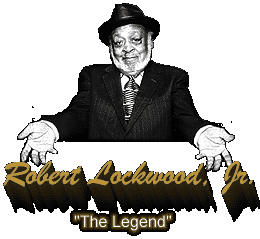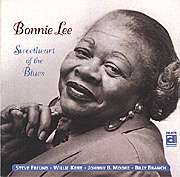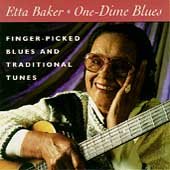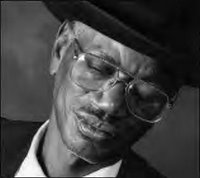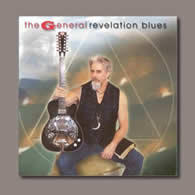
(I only found out about this today - guess I haven't been reading the Blues news enough lately)
Chicago blues legend Homesick James passed away Wednesday, December 13, at
11:15pm. He was in his mid-90s, but his own accounts of his age would vary.
He passed away resting comfortably in his home in Springfield, Missouri.
Funeral arrangements will be made by his family, and the funeral will take
place on Saturday, December 23 in Covington, Tennessee
********
********
from: Who's Who Chicago -
"One of the last of the generation that came from
the Delta in the mid-40s and invented electric Chicago blues, John
William Henderson got his nickname from a track he cut for Chicago
label Chance in 1953. The Chicago slide guitarist spent years playing
with blues legend Elmore James (who Homesick has long claimed as a
"cousin" -- Elmore is said to have died on Homesick's couch while the
latter frantically searched for the former's heart pills),
roommate/cousin Sonny Boy Williamson, Howlin' Wolf, Little Walter, Big Walter, Big Bill Broonzy, Sunnyland Slim
and Johnny Shines. High-pitched voice and stark slide guitar mark his
southern roots authenticity, and were part of the famous Maxwell Street
sound of a few decades ago.
Born in Somerville, Tennessee, his wailing moans hark back to the field hollers of the Mississippi delta. Self-taught on guitar, Homesick developed a wild slide guitar style which he developed playing at local dances and taverns by the age of 14. In his early years, he played with Yank Rachell, Sleepy John Estes, Sonny Boy Williamson, Hammie Nixon, Snooky Pryor, Muddy Waters, Honeyboy Edwards, Blind Boy Fuller (Homesick's mentor), Robert Johnson, Charley Patton, Son House, and Big Joe Williams.
Homesick led a group called the Dusters during the early '30s, featuring at various times Pryor, Baby Face Leroy Foster, and Albert King on drums. Later that decade, James began his recording career, with sides for RCA and Vocalion. Homesick moved up to Memphis during the 1940s, playing regularly with Big Walter Horton, and in the early '50s, he continued north, settling in Chicago.
There, he began sitting in with Memphis Minnie (Homesick's girlfriend for many years), Big Bill Broonzy, Lonnie Johnson, Tampa Red, Yank Rachell, Robert Lockwood, Jr., Roosevelt Sykes, Henry Townsend, Junior Wells, Sunnyland Slim, Little Walter Jacobs, and Elmore James. Homesick apparently bought Elmore his first guitar, and taught him how to play slide, and was a longtime member of Elmore's band (from 1955-1963), contributing to such classics as "Dust My Broom," "The Sky is Crying," and "Roll and Tumble."
Since then, he has recorded for Delmark, Prestige/Fantasy, Bluesvile, Appaloosa, Stanhope, Trix, Black and Blue and Earwig Records. Most recently, he released Words and Wisdom on Icehouse Records. Though over 90 years old, he remains active, performing both locally and at international festivals, including headlining gigs at the Chicago Blues Festival, San Francisco Blues Festival, and St. Louis Blues Festival. Homesick fans including Robert Plant and Jimmy Page (Led Zeppelin) and members of the Black Crowes have come to Chicago to see their idol perform in the last few years."
Living Blues Magazine calls him "One of the most delightful characters in blues...." and Option says "Hearing this is as riveting as discovering Robert Johnson recordings for the first time... it's like finding the roots of every blues guitarist twisted together in a single source."
Says the Chicago Reader, "... in recent years he's raised irascibility to an art form: throwing together snippets of standards both vintage and recent; pulling and popping his guitar strings with anarchistic fierceness and then breaking into a shimmering slide run; and interspersing his tight-throated vocals with boasts, anecdotes, and aphorisms drawn from some 70 years of hard traveling."



